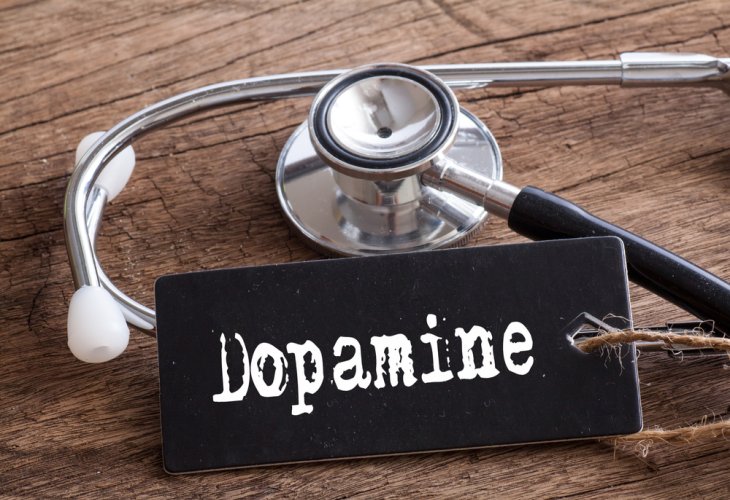Depression and Anxiety
How to Naturally Boost Dopamine Levels and Overcome Depression
Discover the symptoms of low dopamine and learn effective diet, lifestyle, and supplement strategies to improve mood, motivation, and mental well-being naturally.
 (Photo: shutterstock)
(Photo: shutterstock)Dopamine is a type of chemical found in the brain that creates positive feelings such as happiness, pleasure, energy, and motivation. It also plays a key role in helping us focus and concentrate on tasks. When dopamine levels are too low, our functioning can be impaired, leading to reduced joy, decreased ability to concentrate or listen, and even impaired movement.
When we experience depression or emotional lows, many of us tend to blame personality flaws or emotional weaknesses, although that’s not always the case. Sometimes, simply increasing dopamine levels in the brain is enough to restore normal, joyful functioning. This is where natural foods and certain nutritional supplements can help.
How Do You Know If Your Dopamine Levels Are Low?
Some common symptoms of low dopamine include:
Ongoing negative emotions
Boredom and lack of interest in life
Low motivation and procrastination
Inability to enjoy things
Disrupted sleep patterns
Restless legs
Fatigue and sluggishness
Poor memory and concentration
Impulsive or self-destructive behavior
Sudden weight gain
Addictions to nicotine or caffeine
In severe cases, motor skills can be impacted, similar to the effects of Parkinson’s disease.
What Can You Do?
1. Reduce sugar intake
Sugar disrupts brain chemistry and can significantly deplete dopamine levels.
2. Limit caffeine
Although caffeine gives a temporary mood lift (like sugar), in the long run, it actually harms dopamine production. Be cautious with caffeinated and sugary products.
3. Eat more tyrosine-rich foods
Tyrosine is an amino acid that helps boost dopamine. Good sources include ripe bananas, eggs, yogurt, beans, berries, meat, almonds, watermelon, and apples.
4. Exercise regularly
Physical activity improves blood circulation and increases the release of "happy hormones," including dopamine.
5. Check your magnesium levels
Magnesium is directly linked to dopamine production. A deficiency can cause a significant drop in dopamine levels. Symptoms of magnesium deficiency include cravings for salt or carbs, frequent constipation, irregular heartbeat, high blood pressure, muscle cramps, chronic pain, depression, mood swings, and anxiety.

